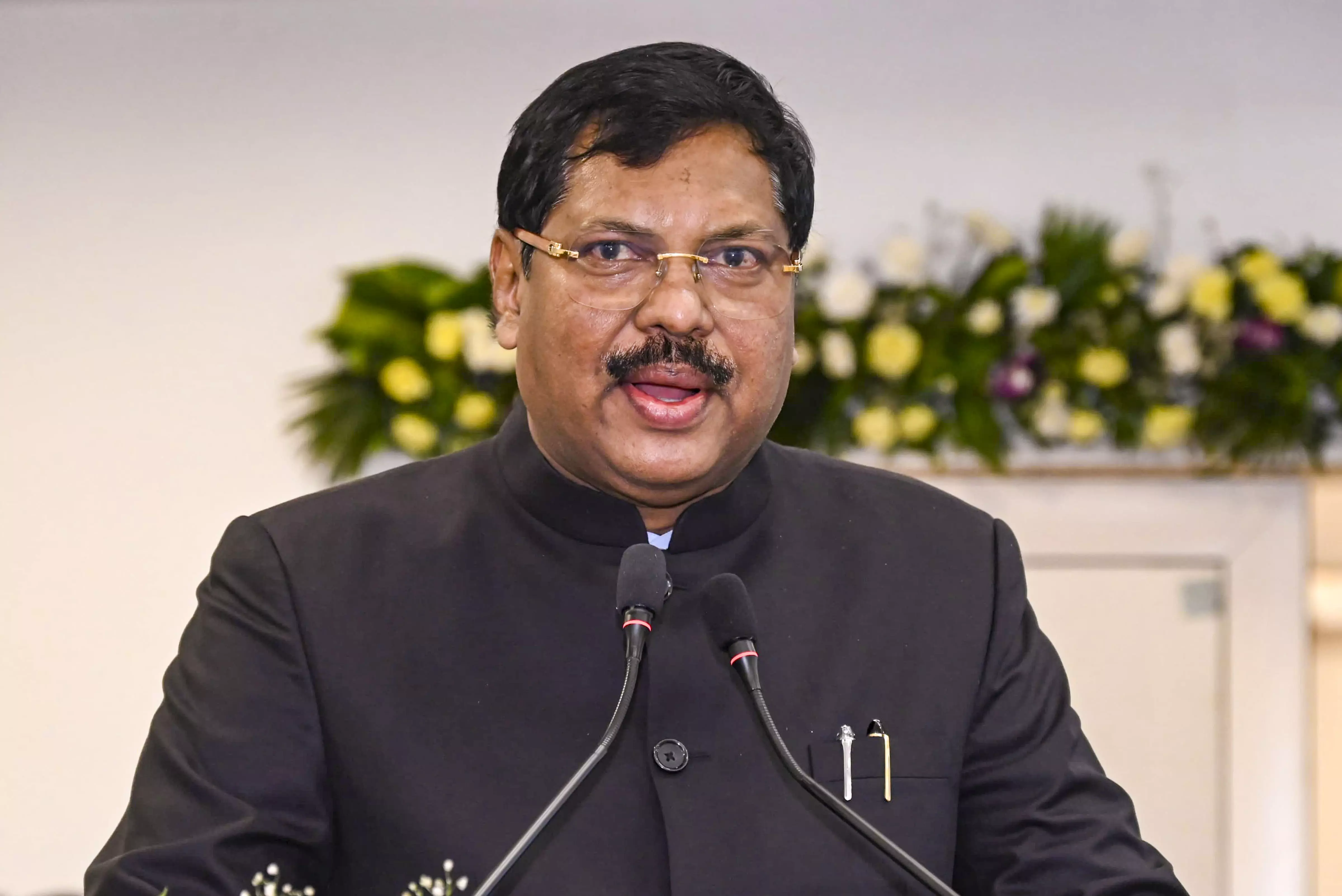CJI: Corruption In Judiciary Erodes Faith In Entire System
CJI Gavai said in every democracy, the judiciary must not only dispense justice, but also be seen as an institution that deserves to hold truth to power and the terms "judicial legitimacy" and "public confidence" are interconnected.

Chief Justice of India B R Gavai
New Delhi: Chief Justice of India B.R. Gavai has stated that instances of corruption and misconduct within the judiciary undermine public confidence and risk eroding faith in the integrity of the entire judicial system.
Speaking at a roundtable conference at the Supreme Court of the United Kingdom on "Maintaining Judicial Legitimacy and Public Confidence", the CJI also addressed the issue of judges taking post-retirement positions. He noted that when judges accept government appointments immediately after retirement or resign from the bench to contest elections, it raises “significant ethical concerns and invites public scrutiny.”
The Chief Justice emphasised that the Supreme Court of India has consistently taken immediate and appropriate steps whenever instances of judicial misconduct or corruption have come to light.
“Every system, no matter how robust, is vulnerable to instances of professional misconduct. Unfortunately, such cases have occurred even within the judiciary. These incidents inevitably damage public trust and can weaken the perceived integrity of the judicial system,” he said.
He added, “However, the path to restoring that trust lies in swift, decisive, and transparent action. In India, whenever such instances have emerged, the Supreme Court has responded promptly and appropriately.”
The CJI's remarks follow the controversy surrounding Justice Yashwant Varma of the Allahabad High Court, who is facing allegations of corruption after a large sum of cash was discovered at his official residence in Delhi. An impeachment motion against Justice Varma is reportedly under consideration.
CJI Gavai further stated that in any democracy, the judiciary must not only deliver justice but also be perceived as an institution capable of holding power to account. He underlined that the concepts of “judicial legitimacy” and “public confidence” are inseparable.
“Legitimacy and public trust are not maintained through coercion or authority, but through the credibility that courts earn. Any erosion of this trust threatens the judiciary’s constitutional role as the final arbiter of rights,” he said. “Transparency and accountability are essential democratic virtues,” he concluded.
( Source : PTI )
Next Story

